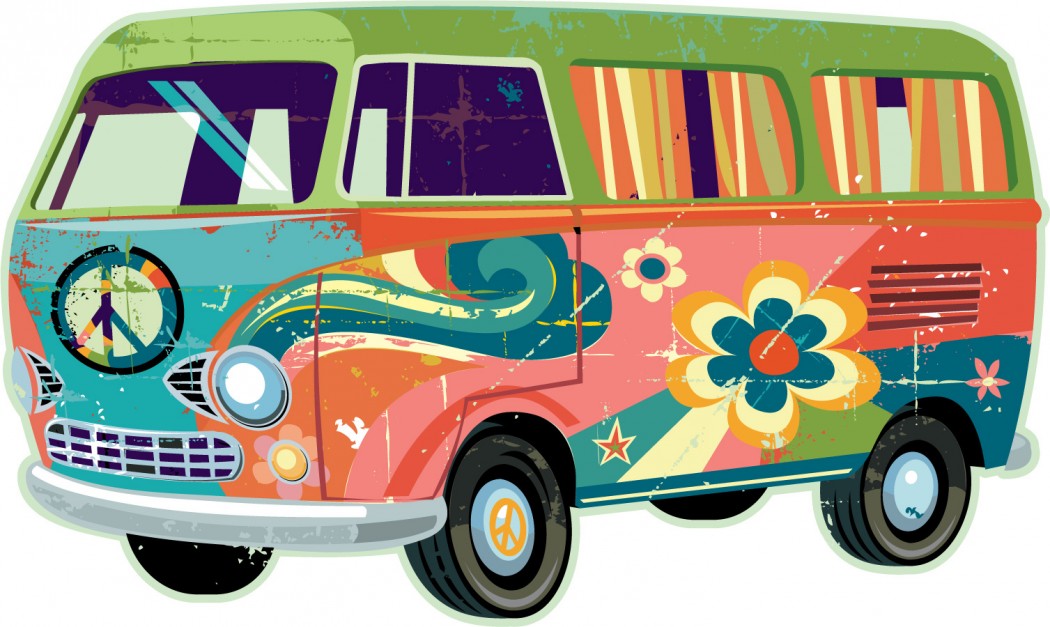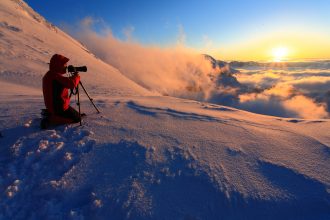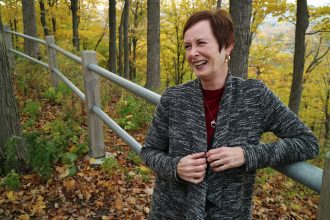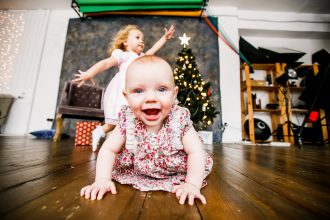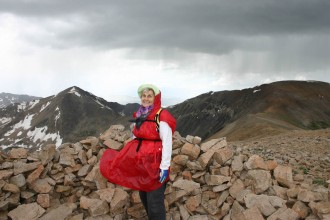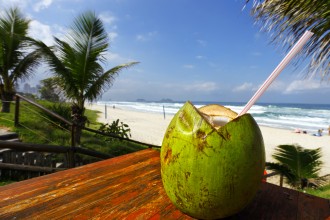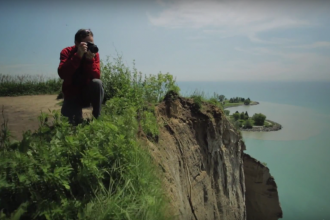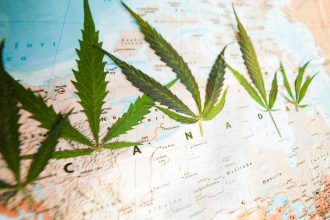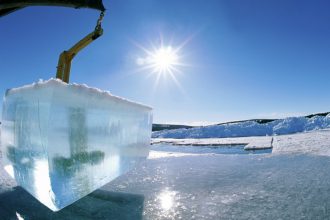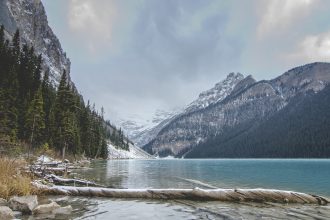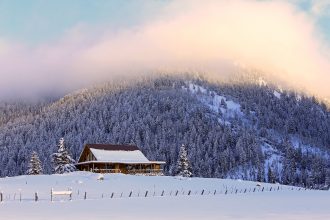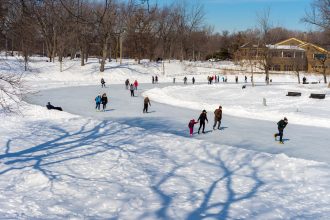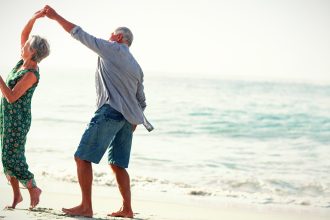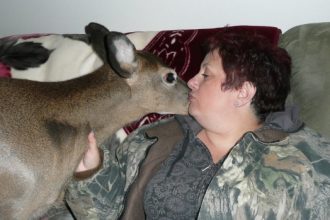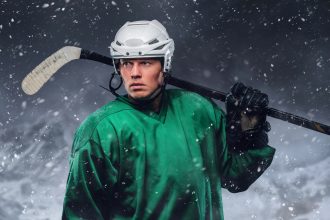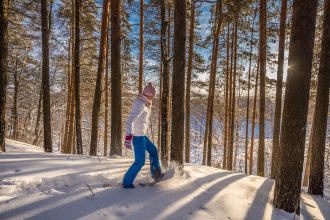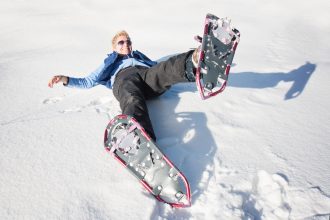Congratulations! You lived through the greatest age of music. From Joni Mitchell to Frank Zappa to Jimi Hendrix, nothing today quite compares to the brilliance seen throughout those two inspiring decades. Good thing there’s evidence in live footage and photos. If you were lucky enough to have experienced one of these famous festivals, well, we’re extremely jealous. What a time to be alive. Here’s to feeling groovy!
Woodstock
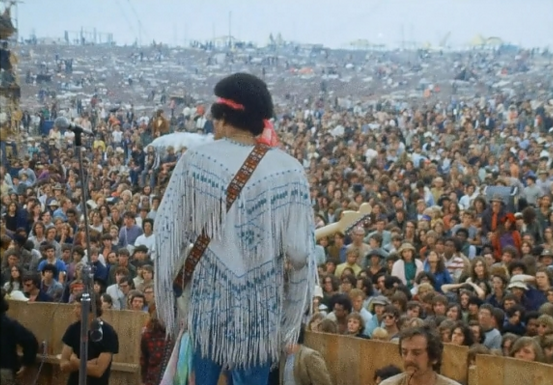
Photo courtesy of www.musicboxtheatre.com
Woodstock is one of the most famous and legendary festivals to date—and for good reason. The three-day festival (spilling into four days) was held on a dairy farm (Max Yasgur’s farm) in New York State and drew around 400,000 people. 32 acts were performed outside at the venue and included many of the world’s greatest musicians, such as Jimi Hendrix, Janis Joplin, The Who just to name a few. Canadian icon Joni Mitchell didn’t make it to the festival because her manager reportedly wanted her to be “fresh” for her upcoming appearance on The Dick Cavett Show. She subsequently wrote her hit song “Woodstock” based on her boyfriend Graham Nash’s experience of the event. “I’m going to camp out on the land. I’m going to try ‘an get my soul free.”
Monterey Pop Festival

Photo courtesy of www.danasokc.top
The Monterey Pop Festival took place in 1967 (two years before Woodstock) at the Monterey County Fairgrounds in Monterey, California. The festival was meant to embody the spirit of California at a time when the counterculture was coming to life and so was the notion of “the Summer of Love.” Although the festival capacity was set at 7,000, an estimated 8,500 people showed up to see the first major American appearances by Jimi Hendrix and Ravi Shankar. With the exception of Ravi Shankar, who was paid $3,000 for his amazing afternoon-long performance on the sitar, the artists performed for free donating all revenue to charity. The festival is also known for Jimi Hendrix burning his guitar on stage during his set (see above).
Newport Folk Festival 1965
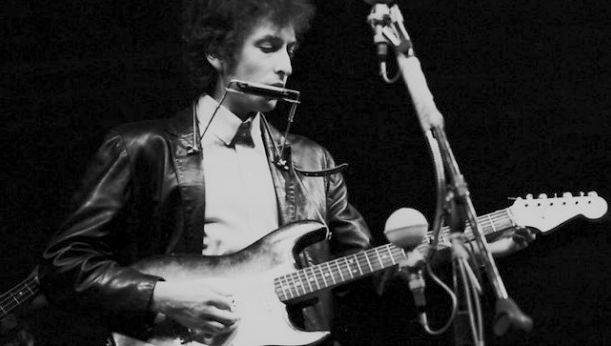
Photo courtesy of www.cbc.ca
At the Newport Folk Festival in 1965, Bob Dylan famously took to the stage with his Fender Stratocaster and performed a rock-and-roll set for the first time. The electric version of “Maggie’s Farm” was instantly met with disapproval by at least some of his fans in the form of boos and yelling, however, some of the hollering is said to have been in response to the poor sound quality of the evening’s event. The historical occasion is now popularly referred to as the Electric Dylan Controversy. Eyewitnesses at the time suggested that the audience’s response was for the most part enthusiastic and it was also noted that Dylan was backed by electric guitarist Mike Bloomfield and band members from the Paul Butterfield Blues band. The “plugged-in” set marked the change in artistic direction for the folk artist and continued to increase his status in the quickly expanding counterculture.
Altamont
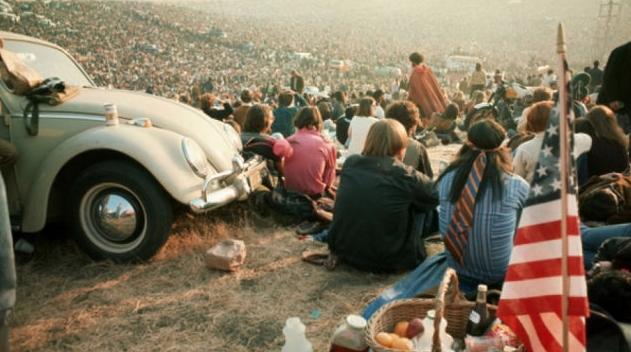
Photo courtesy of jalopnik.com
On December 6, 1969, the Altamont Speedway Free Festival, a counterculture-era rock concert, featured performances by artists/groups Santana, Jefferson Airplane, Crosby, Stills, Nash & Young, and the Rolling Stones just to name some. The festival is best known for its violence and property damage and was dubbed “rock and roll’s all-time worst day” by Rolling Stone magazine’s staff. Many had hoped it would be Woodstock for the west, but as the festival rolled out it was clear it was nothing like the more peaceful event from Yasgur’s farm. Grace Slick had reportedly said “The vibes were bad. Something was very peculiar, not particularly bad, just real peculiar. It was that kind of hazy, abrasive and unsure day. I had expected the loving vibes of Woodstock but that wasn’t coming at me. This was a whole different thing.”
Isle of Wight Festival 1970
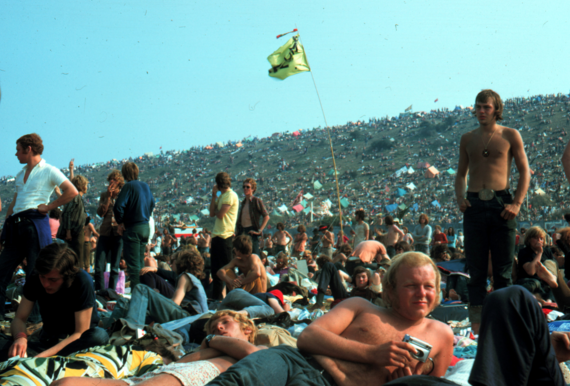
Photo courtesy of en.wikipedia.org
The Isle of Wight music festival in 1970 was the last of three music festivals to take place on the island between the years of 1968 and 1970. The success of the first two events likely contributed to the huge turnout of attendees—between 600,000 and 700,000 according to the Guinness World Book of Records—even more than at Woodstock! The line-up of performing artists was around 50 people and included Canadian giants Joni Mitchell and Leonard Cohen, also, Jethro Tull, The Moody Blues, Emerson, Lake & Palmer among many others. The Who played at the festival in both 1969 and 1970—the shows formed part of their Tommy tour with sets focusing on their concept album of the same name. Along with a 35 mm film crew, future Academy Award-winning director Murray Lerner filmed the iconic festival that was later made into a movie called Message of Love: The Isle of Wight Festival: The Movie. A photo essay on the festivals was published by the Guardian and acts as a time capsule that will transport you to a different time and place. Music festivals are still held at the Isle of Wight, but we sincerely doubt that they’re as remarkable as the ones that came before them.
Festival Express
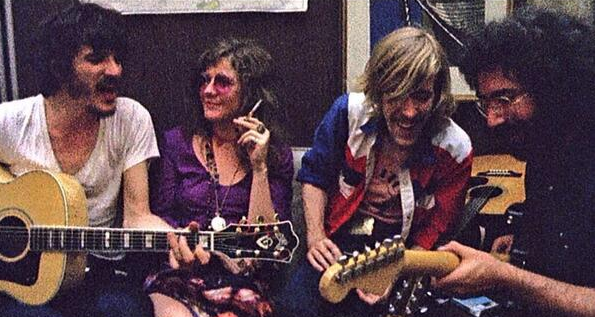
Photo courtesy of 1000words1000days.com
You may have seen or at least heard of the 2003 documentary film Festival Express. The film includes live footage from the 1970 train tour of the same name from the concerts to footage from aboard the train displaying non-stop jam sessions and partying. The train tour made its way across Canada with some of North America’s biggest rock bands like the Grateful Dead, Janis Joplin, The Band, Buddy Guy, the Flying Burrito Brothers, and Delaney & Bonnie & Friends. Festival Express took place during the summer in three Canadian cities: Toronto, Winnipeg, and Calgary. Rather than using a private plane to get to each destination, the musicians traveled by chartered Canadian National Railways train—and had a heck of a time doing it. Now that’s one train we wish we could have been on! Toot toot!
Also on RNR:

